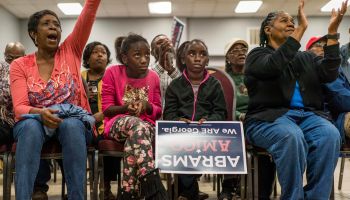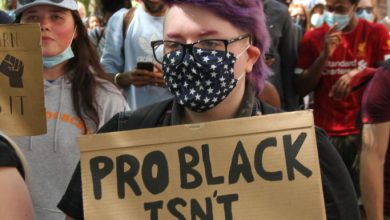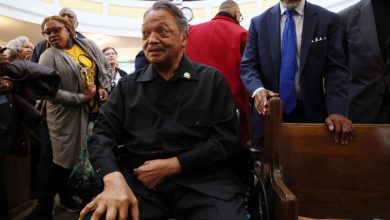New Georgia Law Makes Voting ‘More Difficult’
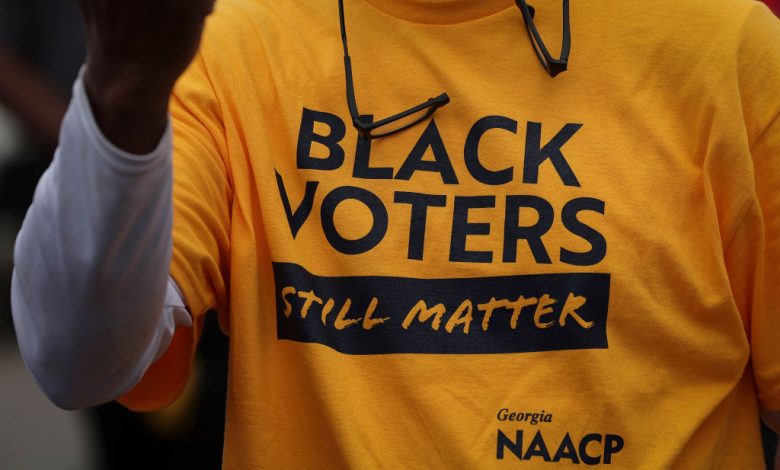
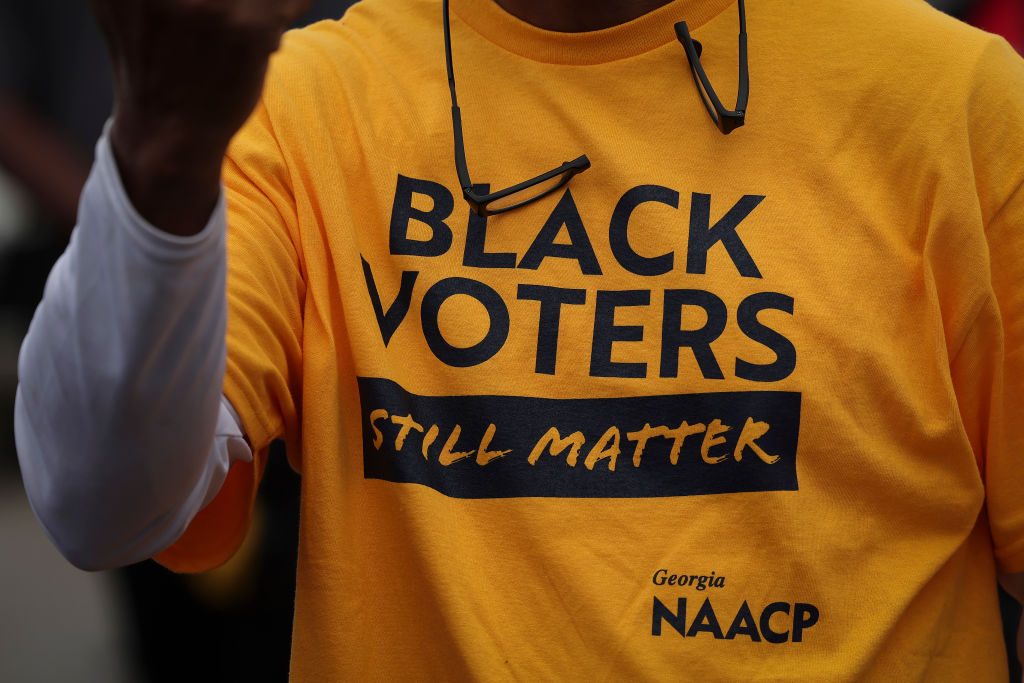
Source: Win McNamee / Getty
Georgia Gov. Brian Kemp on Tuesday signed a controversial bill into law that critics say would make it “more difficult” for voters to cast ballots, including and especially for the upcoming presidential election in November.
The passage of Senate Bill (SB) 189 means in part that people without a permanent address will need to re-register to vote; challenges to those voter registrations will be easier to initiate; and, perhaps most consequential, requires counties to tally all absentee ballots within an hour of polls closing.
Taken together, civil rights leaders have said that SBi 189 would disproportionately affect Black and brown voters — the same group largely credited for helping to elect President Joe Biden in 2020.
The American Civil Liberties Union (ACLU) of Georgia ripped the passage of SB 189 for those very reasons and more.
“SB 189 is a step back for voters’ rights and voting access in the state of Georgia,” Andrea Young, executive director of the ACLU of Georgia, said Wednesday in a statement sent to NewsOne. “Most importantly, this bill will require already overburdened election workers to spend time processing unnecessary voter challenges. As always, elected state officials should work to make voting easier and not more difficult for Georgia citizens. We are committed to protecting Georgia voters and will see the governor in court.”
More specifically, the ACLU said in a press release, SB 189 “lowers the barrier for making biased and baseless voter challenges around the state, creates confusion for unhoused voters, makes it more difficult for county elections boards to interpret the law, and increases requirements for already overworked elections officials.”
Previously, the ACLU of Georgia suggested it would sue if SB 189 became law.
“If the governor signs this bill, we will see him in court,” Young said in March after the Georgia General Assembly passed SB 189.
SB 189 appears to be part of a broader partisan strategy that has disproportionately affected Black voting districts in Georgia.
Lauren Groh-Wargo, interim CEO of Fair Fight Action — the anti-voter suppression group founded by Stacey Abrams — previously told NBC News that SB 189 and other “mass voter challenges time and again disproportionately try and throw Black and Brown voters off the rolls. They have been a strategy for a long time to have a chilling effect on voting.”
Late last year, after a federal judge upheld Georgia’s controversial Republican-led redistricting plan intended to create more Black voting districts, incumbent Congresswoman Lucy McBath was forced to seek election in a district different from Georgia’s 7th Congressional District that she’s represented on Capitol Hill since her reelection in 2022.
McBath’s updated campaign plans mean she is running in a newly drawn congressional district for the third consecutive election cycle, which she has said is the unsuccessful result of Republicans trying to gerrymander her out of Congress.
“I hope that the judicial system will not allow the state Legislature to suppress the will of Georgia voters,” McBath said in a statement back in December. “However, if the maps passed by the state Legislature stand for the 2024 election cycle, I will be running for reelection to Congress in GA-06, because too much is at stake to stand down now.”
SEE ALSO:
Georgia Is Latest State Ordered To Draw New Black-Majority Congressional Districts
